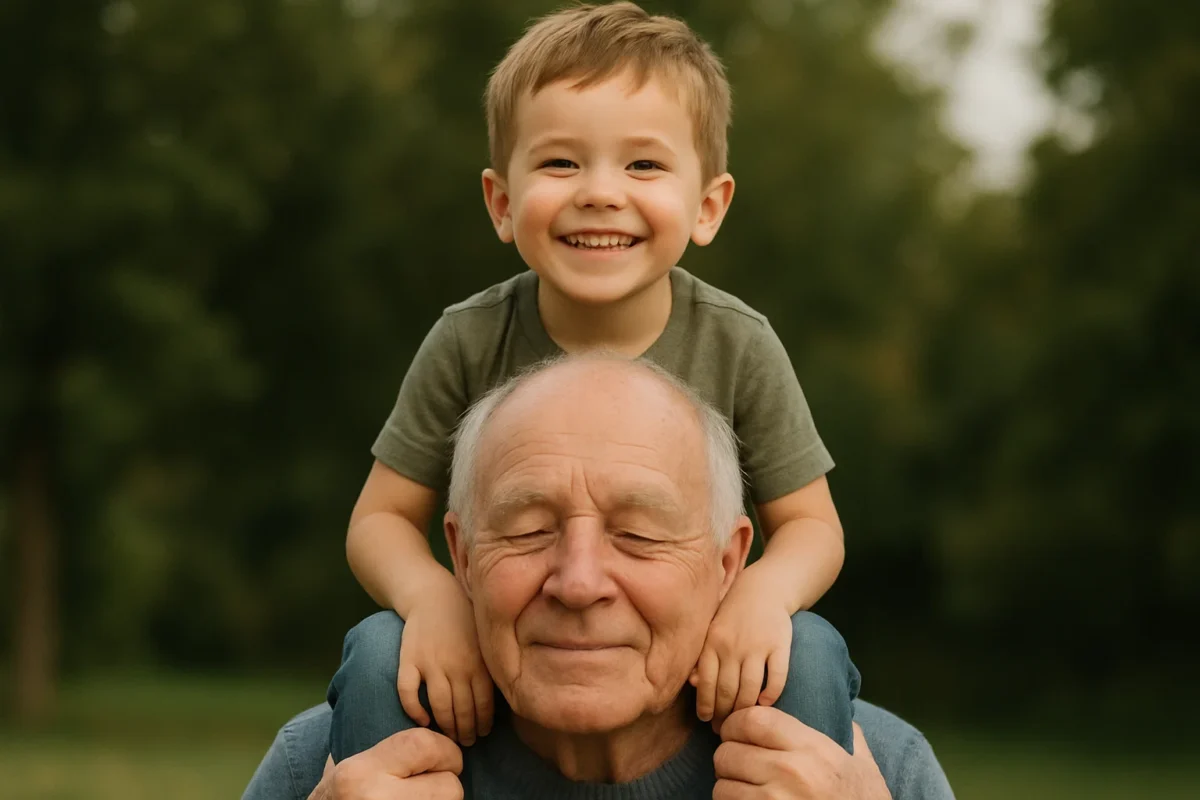The childhood dream meaning carries deep symbolism of nostalgia, innocence, and hidden healing. In dream psychology, seeing your younger self in dreams reflects the call of the inner child—a part of your subconscious that seeks care, creativity, and freedom. Such dream interpretations highlight the roots of who you are and reveal pathways toward self-discovery and emotional growth.
Why Do You Dream of Childhood? (Dream Psychology)
Childhood dreams often surface when your subconscious seeks reconnection with innocence, playfulness, or past experiences. They may arise during stressful periods, reminding you of times when life felt lighter. In dream interpretation, they can signal the desire to heal past wounds, or highlight unfinished lessons from early life. Your younger self in dreams is often a messenger of wisdom and renewal.
Common Themes and Emotions in Childhood Dreams
Childhood dream meanings are rarely random—they mirror emotions deeply rooted in memory. Examples include:
- Playing freely: Symbol of joy, creativity, curiosity, and freedom from responsibility.
- Returning to school: Reflects anxiety about growth, learning, or judgment.
- Seeing old friends: A need to reconnect with lost parts of yourself or rekindle bonds.
- Visiting your childhood home: Represents safety, roots, identity, and belonging.
These dream symbols can bring peace or unease—both are important subconscious signals guiding your waking life.
Psychological and Spiritual Meaning of Childhood Dreams
In dream psychology, childhood dreams reflect the voice of the inner child, craving love, authenticity, and acceptance. Spiritually, many traditions view them as invitations to reclaim purity and reconnect with your higher self. In dreamwork, meeting your younger self often signals healing, integration, and the release of old patterns.
How to Interpret the Childhood Dream Meaning
Ask yourself: What is my younger self showing me? Happy childhood memories often mean you need to invite more joy, play, and creativity into your life. Difficult memories may reveal unresolved pain that requires healing. Neutral encounters suggest balance, stability, and continuity in your life journey.
Keep a dream journal. Details like who was present, where you were, and how you felt are essential for accurate dream interpretation.
Examples of Childhood Dream Meanings

A woman dreaming of her childhood bedroom: Reflects a need for safety and nurturing.
A man meeting his younger self at a playground: Points toward healing inner wounds and reclaiming joy.
A student dreaming of childhood school exams: Expresses current stress, anxiety, and subconscious fear of failure.
Myths vs. Facts About Childhood Dreams
- Myth: Dreaming of childhood means you are stuck in the past. Fact: These dreams often symbolize readiness to grow by understanding your roots.
- Myth: Only people with trauma dream of childhood. Fact: Childhood dreams are universal—they reflect memory, identity, and inner child symbolism.
Glossary of Childhood Dream Symbols
Childhood home: Foundation, safety, identity.
Playing: Innocence, creativity, freedom.
School: Growth, pressure, life lessons.
Old friends: Nostalgia, reconnection, integration of past experiences.
FAQ: Childhood Dream Meaning
Why do I dream of my childhood home?
It often symbolizes safety, belonging, or family foundations in dream psychology.
Are childhood dreams always about trauma?
No. They may reveal unresolved pain, but they can also highlight joy, growth, innocence, and creativity.
Can childhood dreams help me heal?
Yes. In dream interpretation, revisiting your younger self can spark profound emotional healing and integration.







